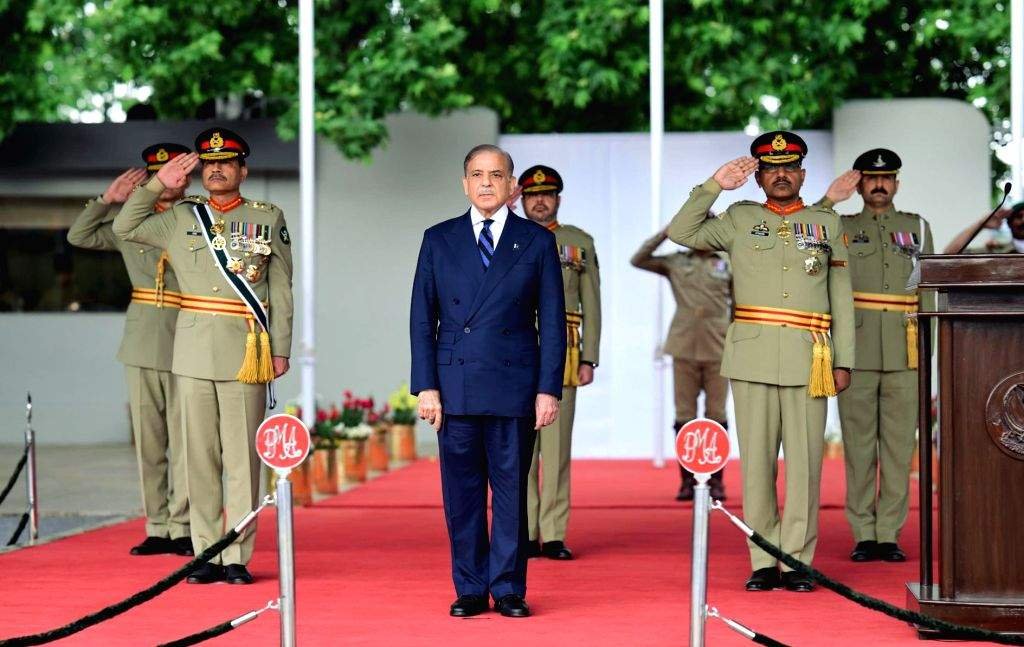Major Shift in Military Authority in Pakistan – ISI Chief Appointed as National Security Adviser
Pakistan's military has recently taken a significant step that could deeply impact the country's political structure and its relations with India. Following the appointment of Lieutenant General Muhammad Asim Malik as the Director General of the Inter-Services Intelligence (ISI), he has also been named the National Security Adviser (NSA). This marks the first time in Pakistan's history that an active ISI chief is simultaneously holding the position of NSA.
Major Shift in Military Authority in Pakistan – ISI Chief Appointed as National Security Adviser
Major Shift in Military Authority in Pakistan – ISI Chief Appointed as National Security Adviser
Pakistan's military has recently taken a significant step that could deeply impact the country's political structure and its relations with India. Following the appointment of Lieutenant General Muhammad Asim Malik as the Director General of the Inter-Services Intelligence (ISI), he has also been named the National Security Adviser (NSA). This marks the first time in Pakistan's history that an active ISI chief is simultaneously holding the position of NSA.
Strengthening of Military Power
Lieutenant General Asim Malik’s dual role has further consolidated the power of the military. He will work directly under Army Chief General Asim Munir, rather than through Prime Minister Shehbaz Sharif. This shift has centralized control of Pakistan’s national security policy in the hands of the military, potentially limiting the role of political leadership.
Impact on India-Pakistan Relations
Tensions between India and Pakistan have escalated following the attack in Pahalgam. In this context, General Malik’s appointment has made the military even more influential in diplomatic and security-related decisions. Any future dialogue or negotiations with Indian authorities are likely to be handled through the military, bypassing political leadership.
Effect on Democratic Structure
This move has raised questions about Pakistan’s democratic framework. Many view it as a “soft coup,” where the military has overtaken political authority. This development has further militarized the political process in Pakistan, posing challenges to the independence and effectiveness of democratic institutions.
Long-Term Impact of Military Influence
Pakistan’s military has long exerted influence over the country’s political processes. The appointment of Lieutenant General Asim Malik has further solidified this political influence. It could be seen as the beginning of a new chapter in the military’s long-term political dominance.
Overall, Lieutenant General Muhammad Asim Malik’s dual role has increased the power of the military and had a profound impact on Pakistan’s political structure. This change could significantly affect the future of India-Pakistan relations and Pakistan’s internal political processes.










